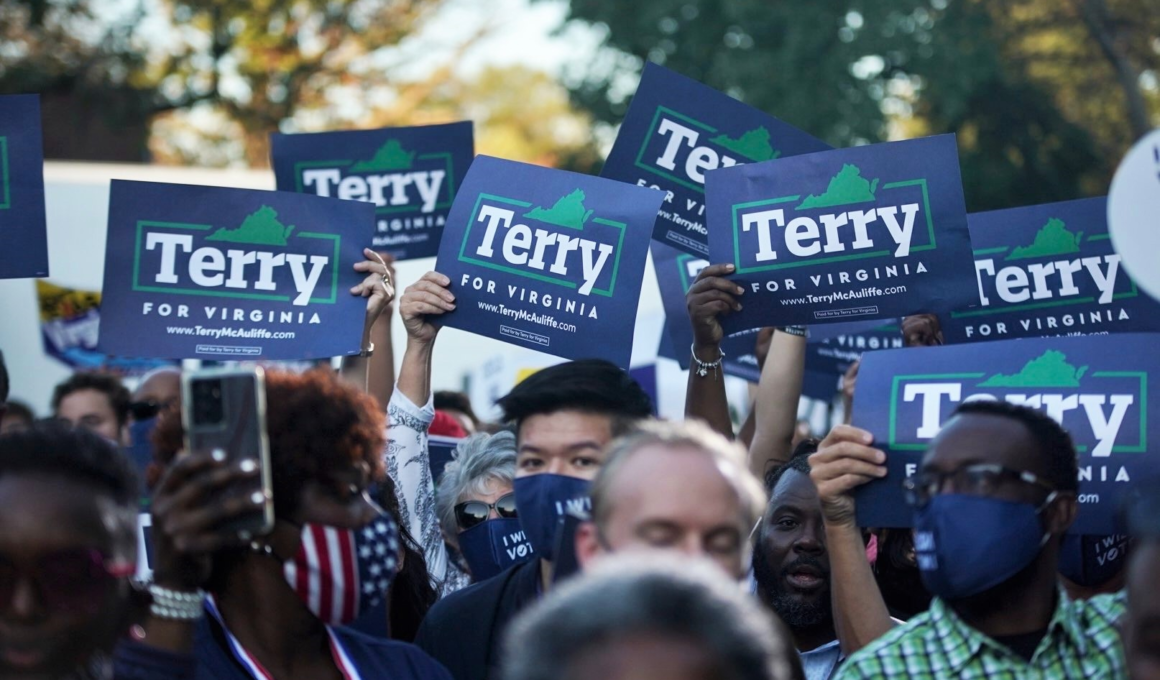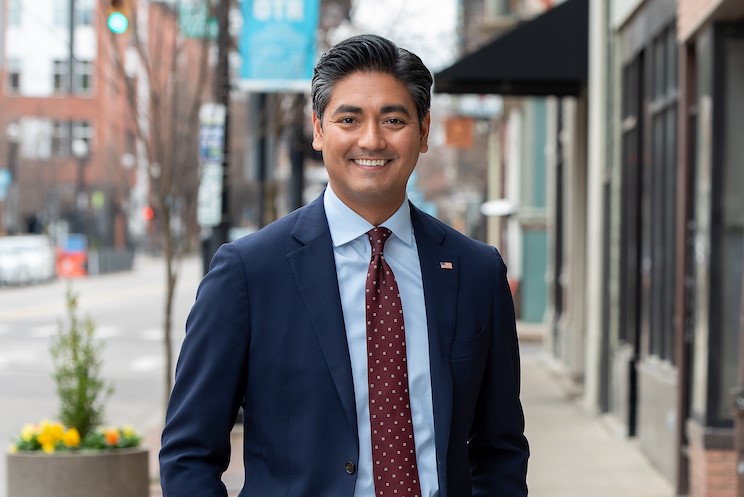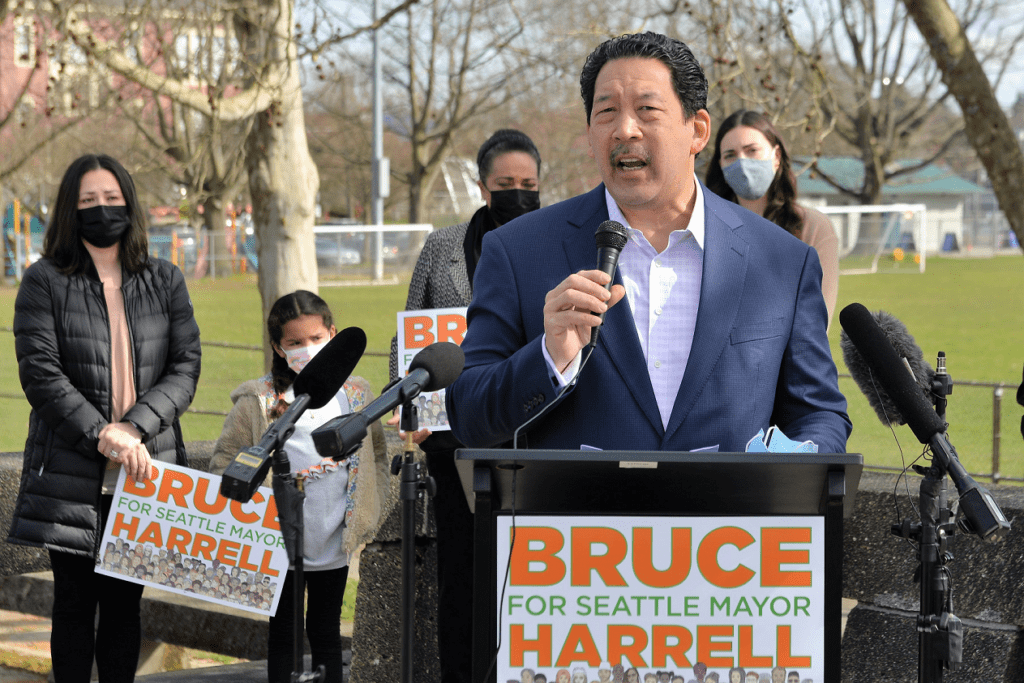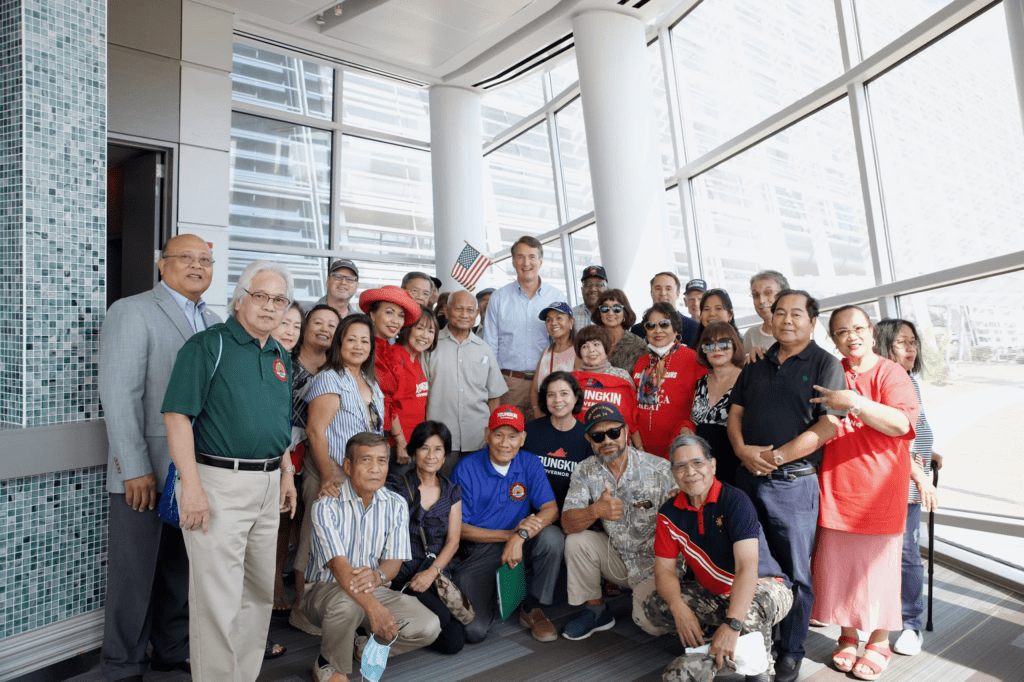Sign up here to receive The Yappie‘s weekly briefing on Asian American + Pacific Islander politics and support our work by making a donation.
Election season is here for much of America. And while turnout in off-year elections is typically lower, Tuesday’s results could also provide insight into Asian American voters’ priorities ahead of the 2022 midterms.
The races—paired with redistricting fights—are the first test of Asian American engagement since the 2021 Georgia Senate runoffs, where voters propelled Democratic Sens. Jon Ossoff and Raphael Warnock to victory. While Asian Americans and Pacific Islanders (AAPI) are expected to gain influence in California, Illinois, and more, advocates have expressed alarm that the community’s political power could be diluted once maps in states like Texas and Michigan are finalized.
Here are the elections to watch…
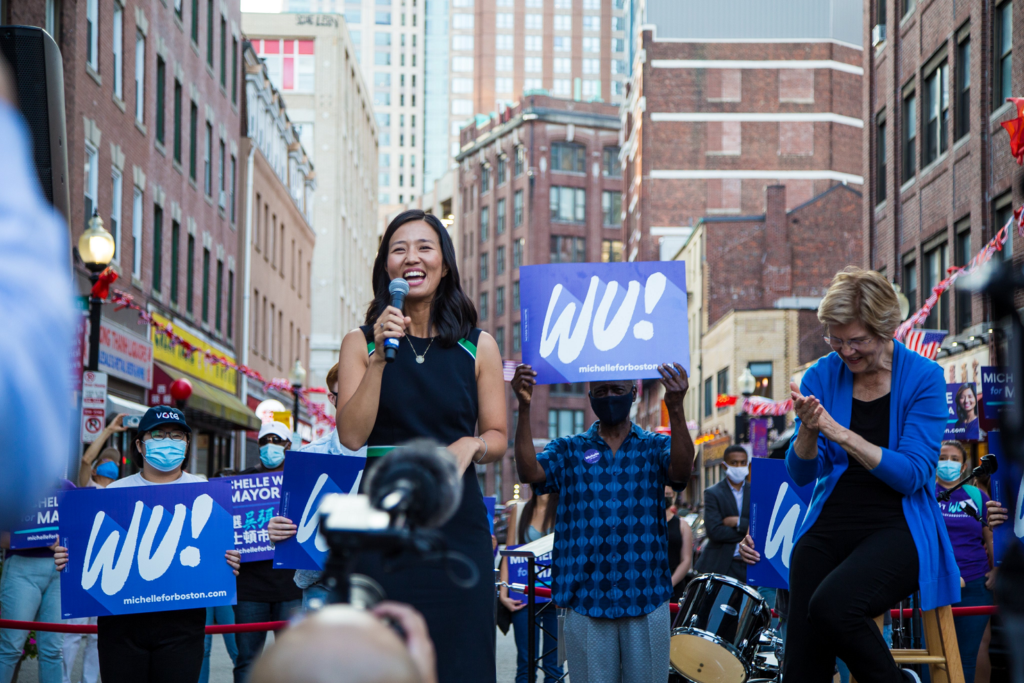

Mayoral contests
Boston, Cincinnati, and Seattle are on the cusp of electing their first mayors of Asian descent on Tuesday, POLITICO's Marissa Martinez reports, “in what would be part of a significant leap” for Asian Americans at the city level, which historically lacks political representation.
Progressive Taiwanese American Michelle Wu (D), the first Asian American woman to sit on the Boston City Council, was one of the most closely-watched candidates this cycle. She holds a comfortable double-digit lead in the polls and is favored to become the first woman of color elected to lead the city.
Her take: Wu spoke to The Yappie’s Shawna Chen and Sunjay Lee earlier this year about her Asian American identity, mental health, and how she plans to reimagine what's possible in city government.
In Cincinnati, AAPI Victory Fund-backed Indian and Tibetan candidate Aftab Pureval (D), is running against former mayor David Mann (D). He previously fell short in a 2018 congressional bid, but limited polling and May primary results indicate he is the frontrunner in the mayoral race.
And in Seattle, Black and Japanese lawyer Bruce Harrell (D) has pulled ahead of City Council President M. Lorena González (D), according to an October poll. Harrell told the Northwest Asian Weekly last week that an attack ad released by González, which was pulled after being decried as racist by Asian and Black community leaders, made him “sad and angry.”
Wu, Pureval, and Harrell’s mayoral bids have been shaped by heated debates over public safety and policing, along with economic development and affordable housing.
Gubernatorial battles
The battles in Virginia and New Jersey have dominated headlines for months. In both states, which feature rapidly growing Asian populations, Democrats and Republicans have zeroed in on the critical voting bloc, testing messaging that could provide a preview of 2022 strategies.
The Asian American population has doubled in the last 20 years in Virginia, where former Gov. Terry McAuliffe (D) and Glenn Youngkin (R) are neck and neck in the polls. The race has been mostly dominated by issues surrounding education, economic, and public safety.
McAuliffe has not been hugely successful in his attempt to link Youngkin to former President Donald Trump, but he does have the support of Democratic leadership under President Joe Biden. Last month, the Democratic National Committee launched a wave of ads in AAPI print outlets to bolster McAuliffe and tout Biden’s domestic policy framework.
Youngkin has focused recent efforts on assailing critical race theory (CRT)—a concept that links racial discrimination to the nation's foundations and legal system—in a bid to sway voters, including Asian Americans, who view CRT as an anti-American and anti-capitalist doctrine.
McAulliffe has a decisive lead among Asian American voters, according to recent polling from Monmouth University, and his campaign cites endorsements from more than 160 AAPI leaders as proof of strong community support.
Youngkin has ramped up appearances at intimate AAPI outreach events in Virginia Beach and Chester in recent weeks, though Democrats are quick to point out he once used the word “yellow” to describe Asians.
Though New Jersey’s gubernatorial race is far less competitive than Virginia’s, incumbent Gov. Phil Murphy (D) and his challenger, former state Assemblymember Jack Ciattarelli (R), are both “rolling out the red carpet to court Asian American voters,” The Record’s Mary Chao writes.
Murphy’s dedicated AAPI team has organized rallies, conducted strategic visits with Asian American leaders, and published voter guides in 14 Asian languages. Ciattarelli's campaign has worked to advertise in Korean-language newspapers.
State legislative races
All 100 seats in Virginia’s House of Delegates are up for grabs on Tuesday, with Republicans hoping to erode Democrats’ legislative majority. Several Asian American candidates, such as Irene Shin (D) and Harold Pyon (R), are hoping to replace incumbents.
Meanwhile, a record-breaking number of Democratic Asian American candidates are running statewide in New Jersey this year. Six Asian women candidates including Shama Haider and Ellen Kim are on the Nov. 2 ballot, according to The 19th.
The Yappie is your must-read briefing on AAPI power, politics, and influence. Make a donation, subscribe, and follow us on Twitter (@theyappie). Send tips and feedback to [email protected].









